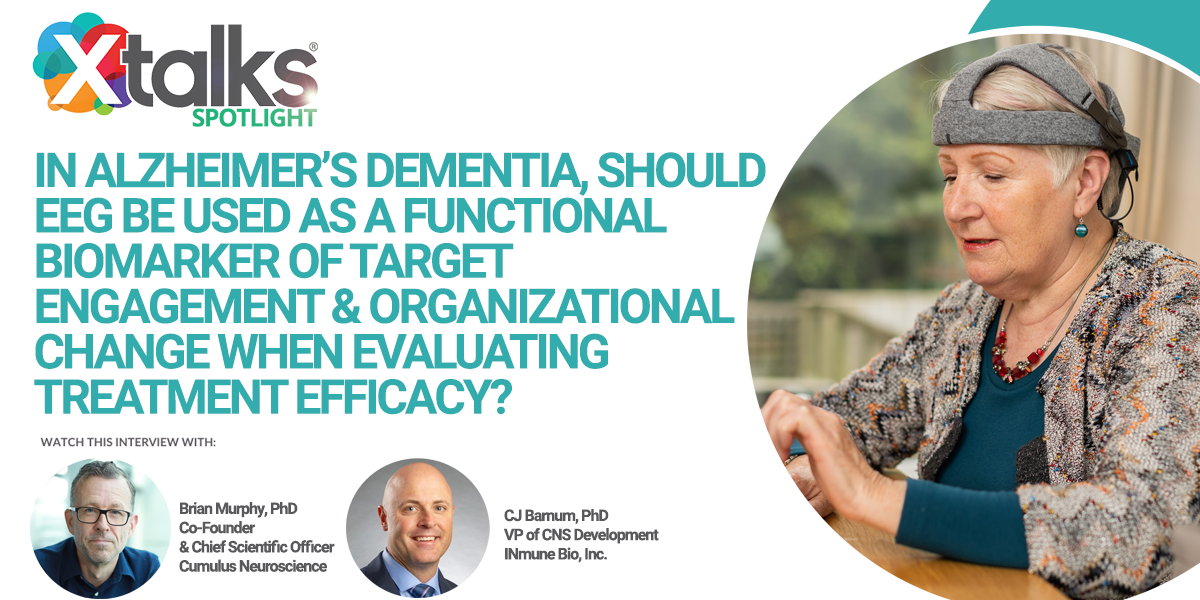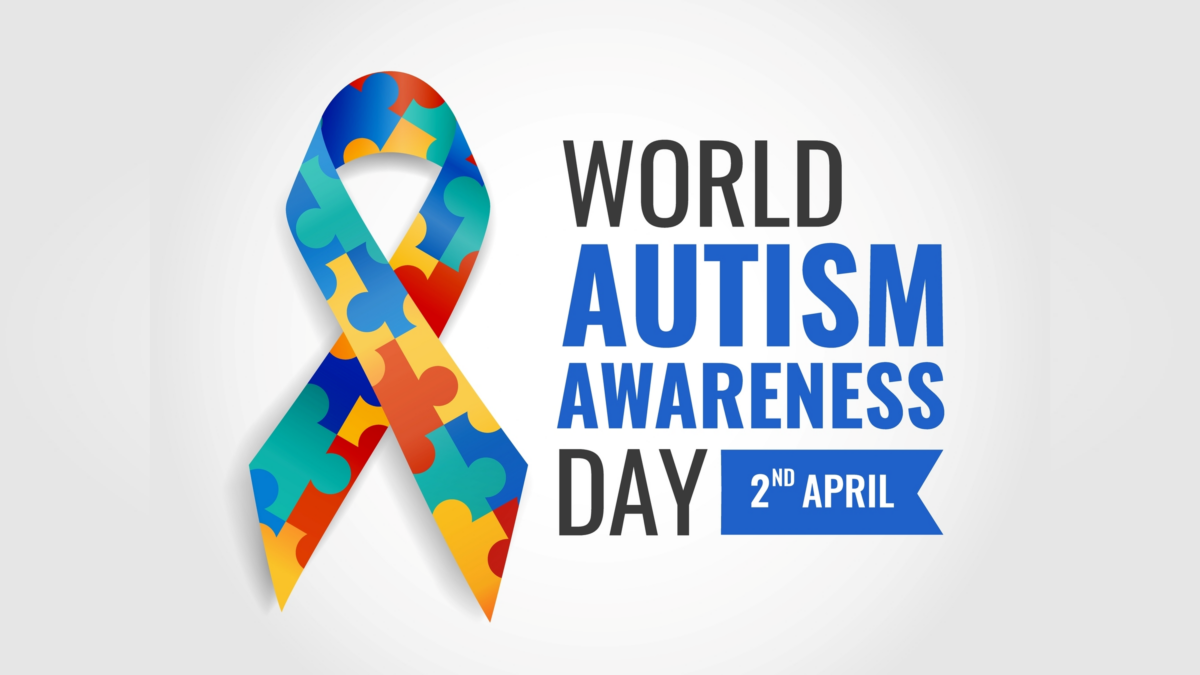Navigating the COVID-19 pandemic clinical trial environment presents many challenges to researchers working to bring new therapies to patients. As data rapidly accumulates it is clear that severe infection response is a multisystem disease. The novel coronavirus can infect many human cell types, including those in the lungs, heart, kidney, liver & brain. It is not simply a viral pneumonia. There are therefore many opportunities to develop new or repurposed treatments for patients in all stages of infection including, pre-infection and long term.
The clinical trial industry has seen regulatory authorities, sponsors, CROs and sites come together with the common goal of bringing new treatments as quickly as possible to patients. Sponsors and Regulators have been working to be as efficient as possible, whether it’s through developing protocols in a matter of days or performing regulatory review and approval in record-breaking time. Since vaccine success is not a given, and is difficult to achieve, treatments for the disease are an important factor in minimizing its impact.
Medpace is a global clinical research organization that provides Phase I to Phase IV clinical development services to the biotechnology, pharmaceutical and medical device industries. Medpace’s mission is to accelerate the global development of safe and effective medical therapeutics through leveraging regulatory and clinical expertise across all major therapeutic areas.
To learn more about Medpace and their services, as they relate to the European clinical trial regulatory landscape, watch this free webinar.
The Clinical Trial Response to COVID-19
COVID-19 has spread to over 200 countries and has posed significant challenges to health systems, scientific communities and the pharmaceutical industry. The pandemic also caused a unique and unprecedented level of global collaboration as these communities began working together towards the development of effective treatments, diagnostics and vaccines. The World Health Organization (WHO) is leading several global initiatives to accelerate development, production and access to new COVID-19 treatment modalities. Important WHO initiatives include the COVID-19 Tools Accelerator, the COVID-19 Solidary Trial, the Target Product Profile for vaccine development and the Research and Development Blueprint Strategy.
More than 100 countries agreed to join the Solidarity clinical trial for COVID-19 treatments. This trial aims to compare four selected treatment options against the current standard of care, in order to assess their relative effectiveness against the virus by enrolling patients in multiple countries. The goal is to rapidly discover whether any of the drugs slow disease progression or improve survival.
All drugs being studied in the Solidarity trial are repurposed drugs. They have already been approved for other diseases and their safety profiles deemed to be acceptable. However, due to safety concerns and evidence for heart arrhythmias leading to higher death rates, the WHO has suspended, the hydroxychloroquine arm, leaving only three treatment options currently remaining in the study.
Another WHO initiative is the COVID-19 Access to COVID-19 Tools (ACT) Accelerator, which evaluates new and repurposed drugs and biologics to treat COVID-19 patients. The Accelerator will test approved drugs for activity against COVID-19, screen libraries of compounds with established safety profiles and consider new investigational medicinal products and monoclonal antibodies. The biotech and pharmaceutical industries are partners in this initiative, bringing their libraries of compounds and clinical data to the collaboration and commercialization of therapeutic agents.
The European Medicines Agency (EMA) has been contributing to the global efforts to combat COVID-19, and has been working closely with other European bodies, including the European Commission, the Health Security Committee and the European Center for Disease Prevention and Control, and with international partners such as the WHO and the International Coalition of Medicines Regulatory Authorities (ICMRA). The EMA has established a dedicated task force to review available scientific data and identify promising treatment candidates. They offer scientific support to developers of Covid-19 medicines to enable clinical trials for the most promising medicines. They also provide feedback on development plans for COVID-19, and product-related assessments. The task force is accountable to the EMA’s Committee for Medicinal Products for Human Use (CHMP) which has a vital role in authorisation of new medicinal products in EU.
One of the fastest options for tackling COVID-19 is the repurposing of existing drugs that have been successfully used or tested to treat other viral infections or immune responses, as their safety profiles have already been established, and clinical trials can be initiated quickly. The manufacturing process and quality parameters have also been defined for these drugs, so they can quickly and easily be made available to patients.
Scientists from a UK-headquartered AI precision medicine group have identified 59 drugs that are candidates for repurposing to treat COVID-19. These may be able to boost survival rates for patients with severe cases of COVID-19 who develop sepsis. The company discovered these candidates by analyzing patient datasets compiled by the UK biobank, to identify gene variants associated with sepsis that are also found in severe COVID-19 patients.
New compounds — including vaccines, that have limited or no existing clinical data and are further upstream in the drug development pipeline — will take much longer to develop. However, they could still be the most promising candidates to fight the virus.
Given the COVID-19 systemic pathophysiology, it is obvious that a single treatment option will not be enough to control and treat the most severe forms of COVID-19. Therefore, successful treatment options must address reduction and elimination of viral load, prevention and treatment of severe respiratory distress syndrome, hyperinflammation and cytokine storm, blood coagulation activation/ thrombosis, sepsis, renal and cardiac failure, Kawasaki disease like symptoms in children and potential long term outcomes, such as deterioration of lung function.
As of June, 2020, there are currently over 1,700 clinical trials testing treatments for COVID-19 that have been registered worldwide, including over 600 in the European Union. Many of them are rapid-hypothesis-generating small studies. The concern is, if 600 trials are in fact, absolutely necessary, as they all compete for essential resources and patients. So the question remains whether these trials can possibly deliver the required results, or whether they will leave scientists as much in the dark as before. The EMA has expressed concern about multiple underpowered studies that compete for essential resources and are discouraging such trials. It has recognized that large, randomized controlled trials, adequately powered to investigate multiple treatment options are the best way to collect evidence that will determine which investigational agents are safe and effective for the treatment of COVID-19.
However, large trials come with weaknesses of their own. For example, they will not be able to test all possible permutations of COVID-19 treatments, such as mixed antiviral and anti-inflammatory agents. They are also disadvantaged by their longer time frames. For every week that trials do not deliver, more patients are exposed to the wrong treatments.
An additional complexity to the development of COVID-19 treatments is the exclusion of vulnerable or neglected populations in clinical trials, such as pregnant women, children, elderly patients and those with renal and hepatic impairments. Studies are initiated more rapidly when they have well-defined homogeneous populations, but the overall development strategy must ultimately aim for representation and inclusiveness. The WHO and ICMRA are now taking steps to provide greater strategic leadership and coordination in harmonising regulatory approaches and requirements across regions.
Changes in the Regulatory Landscape for COVID-19 Trials
Under standard circumstances, it takes over 12 years to complete the research and development necessary for a new medicine to become available on the market for use in patients. With the COVID-19 pandemic, there is an urgent need to accelerate this development process. To this effect, the EMA has published an Emerging Health Threats plan, outlining how the agency will accelerate every step of the regulatory pathway so that safe, effective, and high-quality treatments can be brought to market as soon as possible.
The EMA is now encouraging developers to make contact to discuss the available data, regulatory strategies, and critical plan for evidence generation in support of regulatory approval. There are multiple mechanisms in place that now support research and development, as well as accelerated evaluation and authorization procedures for COVID-19 treatments. One such mechanism is the waiving of fees for scientific advice for developers of COVID-19 medicines. The scientific advice procedure timetable has also been reduced to 20 days maximum, compared to the standard 40 to 70 days. In addition, the EMA has significantly condensed review time for pediatric investigational plans to 20 days, from the normal 120 days of active review time and compliance checks to 4 days.
COVID-19 marketing authorisation reviews are also expedited through a process called rolling review, a procedure reserved for public health emergencies that allows the EMA to assess data for promising medicines as it becomes available.
Gilead has been the first company to complete a COVID-19 study and submit their regulatory applications for approval in the US and EU. Their study suggested a beneficial effect of remdesivir for patients hospitalized due to COVID-19. The CHMP has started a rolling review of remdesivir for COVID-19 on April 30, and on May 1, remdesivir was approved by the FDA for emergency use in hospitalized and severely ill COVID-19 patients. On May 11 the CHMP issued recommendations for the compassionate use of remdesivir in all EU Member States, and on May 26 it was approved for use under the Early Access to Medicines Scheme in the United Kingdom.
Directions for Researchers Developing Therapeutic Products for COVID-19
Tanya Konovalenko, Director in the Scientific and Strategic development group at Medpace advises developers of potential treatments to put together a development plan and product profile that should be discussed with regulatory agencies in a timely manner. Medpace has a global multidisciplinary team of regulatory experts that can help developers define the most appropriate regulatory pathway and development strategy, and also assist developers in navigating the complex European regulatory framework and engaging with regulatory agencies. Medpace can also help developers balance their available data with the unmet medical need, and guide development acceleration while maintaining patient safety.
In order to move product development into clinical trials, researchers must strike a balance between the need for speed and the need to carefully consider the development strategy and preservation of patient safety. Interactions with regulators should be sought as early as possible to discuss the available data package, development plan, timelines and general regulatory strategy.
Researchers should also consider whether their trial could become part of a larger platform, whether with an academic or an industry collaboration partner and ensure that the benefits of conducting a stand-alone clinical trial for COVID-19 outweigh the risks and burdens to the participants and the sites. Researchers should also ensure that proper representation of vulnerable and neglected populations is in place.
“Discuss the pediatric drug development early in the course of the clinical development,” advises James Thomas, Director of Regulatory Submissions at Medpace.
Conclusion
It’s important to be reminded of the regulatory environment in Europe for COVID-19 clinical trials. The EMA released formal guidance, version three as of the end of April, demonstrating continuous adaptation and adjustment in approach. There have also been several EMA communications and press releases supplementing these guidelines.
Priority review is given to new COVID-19-related clinical trials throughout the EU. The EMA also encourages the use of the Voluntary Harmonization Procedure (VHP), a coordinated regulatory authority review of the common documents, and VHP+ where ethics committee review is also incorporated. In all cases, assessment is accelerated for COVID-19 trials.
Although there have been many applications for clinical trials relating to COVID-19, the number of rejections has also increased. “Ultimately, many clinical trials are competing for the same resources,” explains Thomas. He suggests that a possible solution to this is to consider a master or model protocol, though he admits this is not well suited to niche trial types that are, by their nature, more individual.
Another regulatory and operational consideration for COVID-19 clinical trials is the need for flexibility, since different countries have their own specific processes that continue to evolve. The mechanisms of clinical trial start-up also differ between countries, whether that involves government-level or institution-level bodies.
Country-specific documentation is needed for site start-up, so having associates on the ground in the countries, actively monitoring the wide-ranging regulatory requirements, can allow researchers to have more confidence in their regulatory approval timelines. These local specialists can help researchers to make decisions around prioritization and help with adaptation where needed.
Thomas explains that Medpace has had very positive experiences with national regulatory authorities providing expedited reviews of documents. In addition, Medpace has a wide breadth of experience with infectious disease clinical trials which can be applied to speed the delivery of COVID-19 trials.
Register now for their free webinar to learn more.
This article was created in collaboration with the sponsoring company and the Xtalks editorial team.







Join or login to leave a comment
JOIN LOGIN